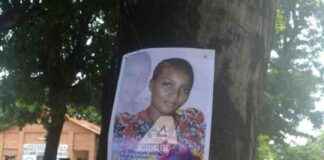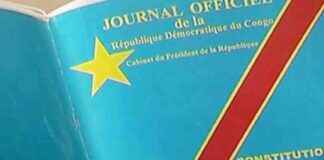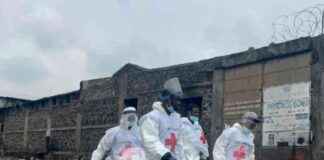Luxembourg’s Decision on the DRC Explained
Luxembourg recently made headlines for its decision to block a second wave of sanctions against the Democratic Republic of Congo (DRC) during a meeting of the 27 European Union foreign ministers in Brussels. This move sparked curiosity and concern among both Luxembourgish lawmakers and citizens. One such lawmaker, David Wagner, sought clarification from Minister of Foreign Affairs and External Trade Xavier Bettel regarding the reasons behind this controversial veto.
In response to these inquiries, Minister Bettel emphasized the gravity of the deteriorating security and humanitarian situation in eastern DRC. He justified Luxembourg’s stance by highlighting the country’s commitment to a “gradual,” “pragmatic,” and “reversible” approach to addressing the crisis on the ground. According to him, a sustainable political solution mediated by local and regional actors is the key to resolving the conflict.
Luxembourg’s Strategic Approach and Future Steps
Minister Bettel’s statement underscored the importance of a measured response to the crisis in DRC, balancing respect for international law with long-term interests in the region. He expressed Luxembourg’s dedication to working with its partners to adopt a gradual, pragmatic, and reversible approach that allows for ongoing dialogue to adapt to evolving circumstances without jeopardizing those most in need of assistance.
Looking ahead, Minister Bettel hinted at potential future actions if the situation does not improve after the joint SADC-EAC ministerial meeting in Harare. He suggested that the EU might escalate to targeted sanctions against the Kigali regime, following the suspension of high-level security and defense dialogues. The decision to impose targeted sanctions hinges on tangible progress in the current mediation efforts, with the upcoming SADC-EAC meeting serving as a crucial milestone for evaluating developments on the ground.
Encouraging Dialogue and Diplomatic Solutions
Beyond sanctions, Luxembourg is actively promoting dialogue between Kinshasa and Kigali as a means of de-escalating the security crisis in the region. Minister Bettel emphasized that a military solution is not viable, advocating instead for a political resolution through inclusive dialogue and a demonstration of political will from all parties involved. He highlighted ongoing communication with Rwanda and DRC to encourage diplomatic efforts addressing the root causes of the conflict.
In a recent phone call with the Rwandan Foreign Minister, Minister Bettel urged concrete commitments to the ongoing mediation processes. Luxembourg supports the merged mediation efforts of Luanda and Nairobi and calls for adherence to the ceasefire agreements established during the EAC-SADC summit. The country’s diplomatic efforts aim to foster sustainable peace and stability in the region through collaborative dialogue and conflict resolution strategies.
As tensions escalate in eastern DRC, the European Union has taken a firm stance against Rwanda’s involvement in the conflict. Vice-President of the European Commission and High Representative for Foreign Affairs and Security Policy, Kaja Kallas, emphasized the seriousness of the situation and the EU’s commitment to applying sanctions based on the evolving circumstances on the ground. She urged Rwanda to withdraw its troops from Congolese territory, aligning with the Parliament’s call for stronger measures against Kigali.
In conclusion, Luxembourg’s decision to block additional sanctions against the DRC reflects a nuanced approach to addressing the complex security and humanitarian challenges in the region. By prioritizing dialogue, diplomacy, and gradual escalation of measures, the country underscores its commitment to fostering sustainable peace and stability in eastern DRC. As the situation continues to unfold, Luxembourg remains actively engaged in diplomatic efforts and coordination with its EU partners to navigate the evolving crisis with prudence and resolve.

















